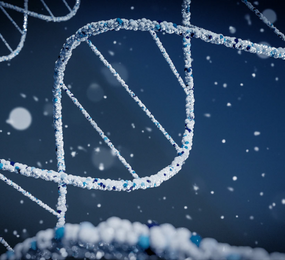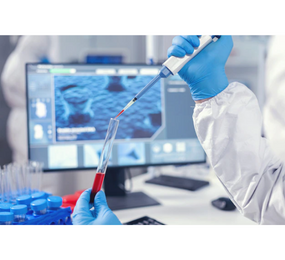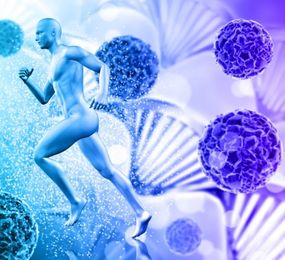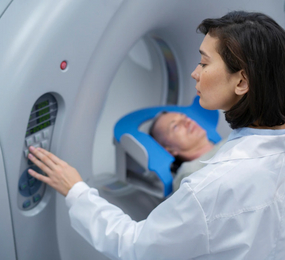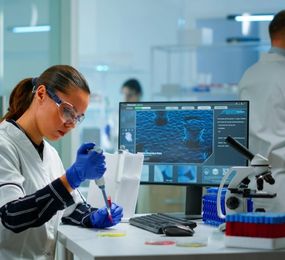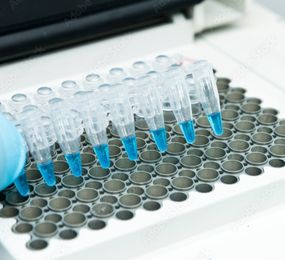Vaccines are our shields against infectious diseases, but their creation is a complex feat of biomanufacturing. Different types of vaccines, from traditional inactivated ones to cutting-edge mRNA vaccines, each present unique considerations for large-scale production.
Traditional Vaccines: The Workhorses of Immunization
-
Inactivated Vaccines: These vaccines use killed or weakened viruses or bacteria, prompting the immune system to develop a response without causing illness.
-
Live Attenuated Vaccines: Live but weakened viruses are used in these vaccines, offering strong immune response but requiring careful handling during manufacturing and storage.
Biomanufacturing Considerations for Traditional Vaccines:
-
Scalability: Established production methods allow for large-scale manufacturing of traditional vaccines, ensuring sufficient supply for vaccination programs.
-
Safety: Rigorous safety measures are crucial to ensure complete inactivation or attenuation of pathogens used in traditional vaccines.
-
Cost-Effectiveness: Well-established processes contribute to the cost-effectiveness of traditional vaccine production.
Novel Vaccines: Ushering in a New Era of Immunization
-
Viral Vector Vaccines: These vaccines utilize engineered viruses to deliver genetic material from a target pathogen, inducing an immune response.
-
mRNA Vaccines: Pioneered for COVID-19, these vaccines use messenger RNA to instruct human cells to produce the desired antigen, triggering an immune response.
Biomanufacturing Considerations for Novel Vaccines:
-
Complexity: Manufacturing processes for novel vaccines can be more complex compared to traditional methods, requiring specialized facilities and expertise.
-
Scalability: Scaling up the production of novel vaccines, particularly mRNA vaccines, is an ongoing challenge that researchers are actively addressing.
-
Regulatory Landscape: As novel vaccine technologies are still evolving, regulatory frameworks are adapting to ensure safety and efficacy.
The Road Ahead:
Biomanufacturing for both traditional and novel vaccines is constantly evolving:
-
Cell Culture Technologies: Advancements in cell culture technologies are crucial for the efficient production of viral components used in some vaccines.
-
Continuous Processing: Streamlining production processes with continuous bioprocessing can enhance efficiency and scalability for all vaccine types.
-
International Collaboration: Global collaboration between governments, researchers, and manufacturers is key to ensuring equitable access to vaccines worldwide.
Biomanufacturing plays an important role in safeguarding global health through vaccines. By understanding the unique considerations for both traditional and novel vaccines, we can appreciate the complexity involved in scaling up production to meet global immunization needs. As technology advances and collaborations strengthen, biomanufacturers can ensure a steady supply of safe and effective vaccines to protect populations worldwide.
To register or learn more about the Forum please check here: https://bit.ly/3WRMLFS.
For more information and group participation, contact us: [email protected]


